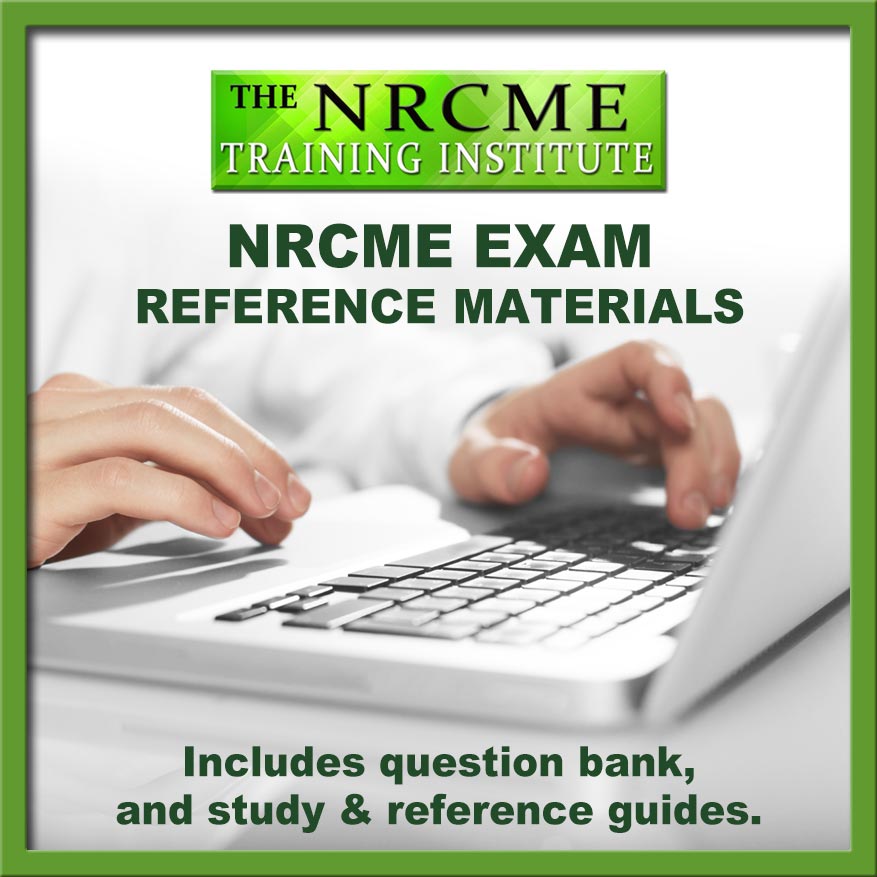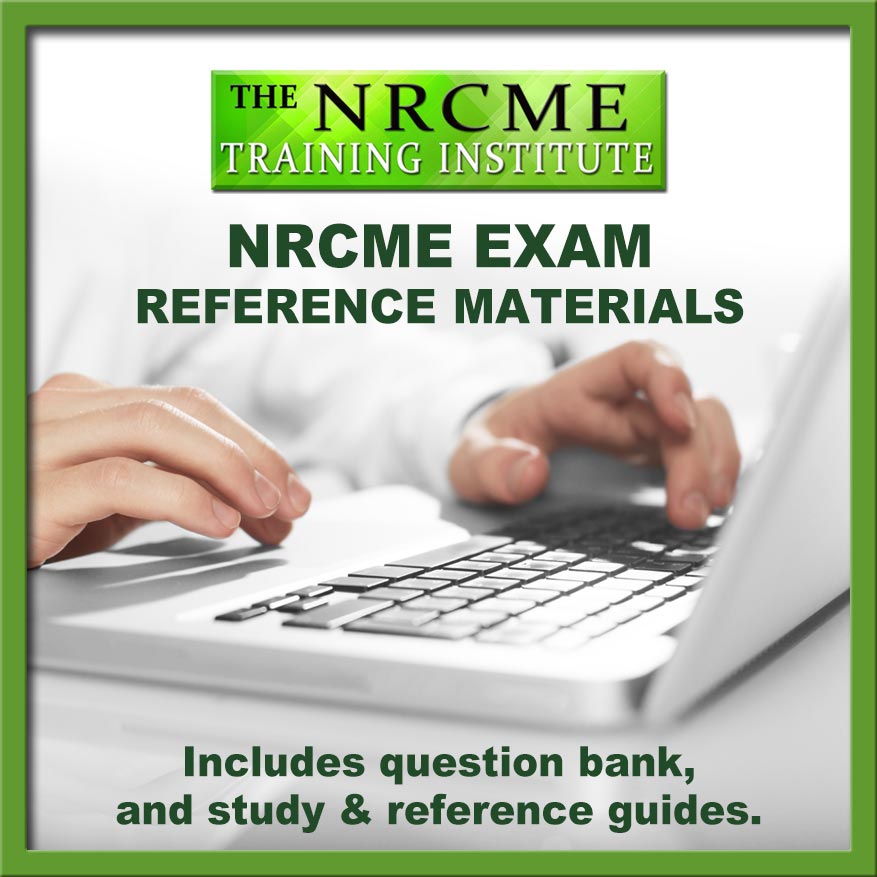A Tale of Recertification
Share

Our NRCME training program is designed to provide a straightforward and effective preparation experience. In this testimonial, a recent participant shares their insights on how our program contributed to their success in passing the NRCME exam and what the testing experience was like.
"Uploaded my certificate, tried to register for the examination, when unable I realized there were additional fields to complete with details like the address of the training company and the name of the CME certifying organization. After that (and waiting 24 hours), I was able to register. I used Prometric as their registration process seemed easier. On arrival for the examination, the testing center had very strict protocols: empty pockets, nothing could be brought in to the exam room – no watch, wallet, phone, pencil, paper, etc. and was wanded front and back. Then the test: I found that there were about 40% of the questions strictly about regulatory and advisory guidelines, especially vision and hearing, but some cardiac, respiratory, psychological, musculoskeletal (SPE certificates), neurological, etc., including process questions related to completing forms, required testing parameters, etx. Another 40% or so were some combination of regulatory/advisory guidelines together with some clinical knowledge. The rest – a significant percentage, the other 20% - were very clinical – requiring knowledge of clinical terms, medications, and the like and often without much reference to regulations or guidelines. At first, I thought I might fail since many of those questions did not seem to relate to the training material, but as I got more comfortable with the type of questions being asked I realized that in addition to clinical knowledge from my medical training and medical practice experience, good old test-taking strategies could be applied to improve my chances of getting these correct. All the questions are multiple-choice with 4 possible answers, only one correct answer, and usually, even if I wasn’t sure of the answer, it was easy to eliminate one or two of the answers, meaning at worst I was now choosing between 2, not 4, possibilities. I was able to get through the 120 questions in a little over an hour, then had time to go back and review all of the questions again. The computerized test did offer ways of flagging questions for review, marking out answers that were clearly incorrect, but I didn’t use those features. I changed a few answers on the second pass, but not many. Once I completed the test, there was a testing site glitch, and I wasn’t given my score right away. After calls to the testing site supervisor, I was advised that my test was recorded and my score would be sent to me. Within a few hours, it was: 89. I passed. Thank you NRCME Training Institute!"
What to do when you cannot schedule the NRCME exam:
If you uploaded your PDF training certificate of completion into your DOT account, and manually input the training company name and address, and the accrediting organization’s name (both listed on your training certificate), and checked the box that this was “online” training and not “in-person” training, and if it has been more than 24 hours since you have completed all of these tasks and still cannot schedule the national exam online, you will need to:
1. Call the FMCSA between the hours of 9am to 5pm EST, M-F, call the FMCSA at (617) 494-3003 – press option 2 when the first greeting starts, then press the number 6 on hearing the start of the second greeting. This will bypass lengthy greetings and they will answer if they are not already on the phone.
2. Compose an email to the FMCSA requesting verification to schedule the exam and send it to FMCTECHSUP@dot.gov.
3. Attempt to schedule the exam at the end of every business day. You will know you have been verified when you can schedule the exam.
Be better prepared for the exam with our $99 NRCME Exam Reference Materials.


